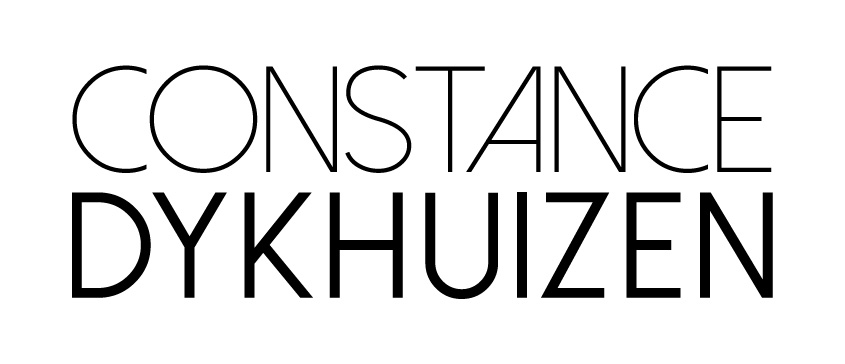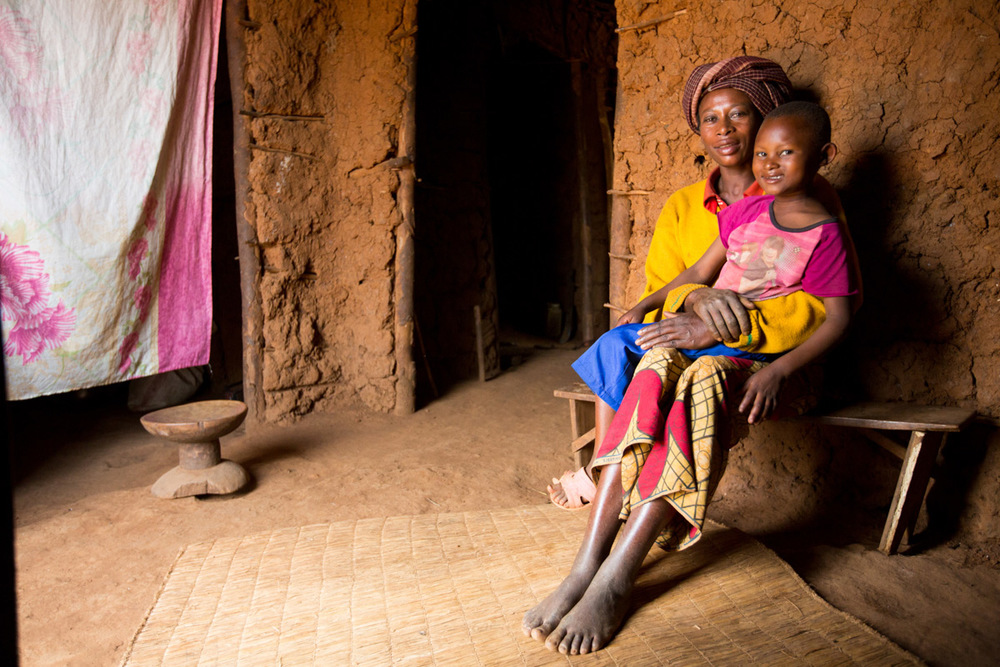David
The interview at David's house was particularly special because I decided to start sponsoring him right then and there. Besides just wanting to relieve some of Fain's burden and worry about her son not being in school, I could not leave until David's curiosity and energy was assured to find an outlet in formal education. Traveling to visit nonprofits, as I have for years, you can get cynical about your ability to play a role in it without making an ass of yourself. You don't even want to offer to help lest you play into stereotypes about being a savior, having answers and all that. But the bottom line was that David needs to be in school. And a few days later, HE STARTED GOING TO SCHOOL. We now write letters back and forth and I'm so thrilled I get to keep up with him.
We had such a happy time at the house playing with David, chasing his goats and meeting his mother. It was sobering to walk by his father's grave on the way back to the car. Photos by Esther Havens.
David’s lion-like face is shaded as he plays beneath the banana trees around his house, keeping an eye on the goats grazing nearby. He pulls at the grass as he repeats English phrases like “Hello” and giggles to himself at the sound. Like David in the Bible, he is a solitary shepherd guarding his charge. His mom Fain watches from their house nearby. David is her faithful little helper. “David is hard working,” she says. “When he’s not in school, David does most of the work taking care of the goats. I rely on him.”
David faces outsized responsibilities for a seven year old. His father died of AIDS in November, leaving Fain with five children to feed and raise. His two younger siblings have been sent to live with relatives since money and food is scarce. His older brother spent so much time caring for their father that he dropped out of school. Neither David nor his sister have a sponsor; they are in school only when they can afford the school fees.
Fain tries to find agricultural work, and she cares for goats with the promise of one day getting to keep a kid. Right now, she has five kilograms of cassava flour and four kilograms of beans left in her house -- the only food she can count on for the future. This will last about five days if they eat once a day.
“It breaks my heart that maybe my children think they don’t have a mom that cares," she says of her inability to buy food for her family. "They may think I don't work hard for us to have what we need. It hurts so much."
David’s story illustrates the fragility of food security. Many households are one illness, one lost job or one day away from hunger. It is estimated that 220,000 Rwandan children have lost at least one parent to HIV/AIDS. But David’s story, at least, is being rewritten; he got a sponsor through Africa New Life. He will get a uniform and go to school regularly. He will be tested for HIV and given medical insurance. His sponsor bought his family food, which means they can count on food for five days and one month. For David and his family, food is transformation.




